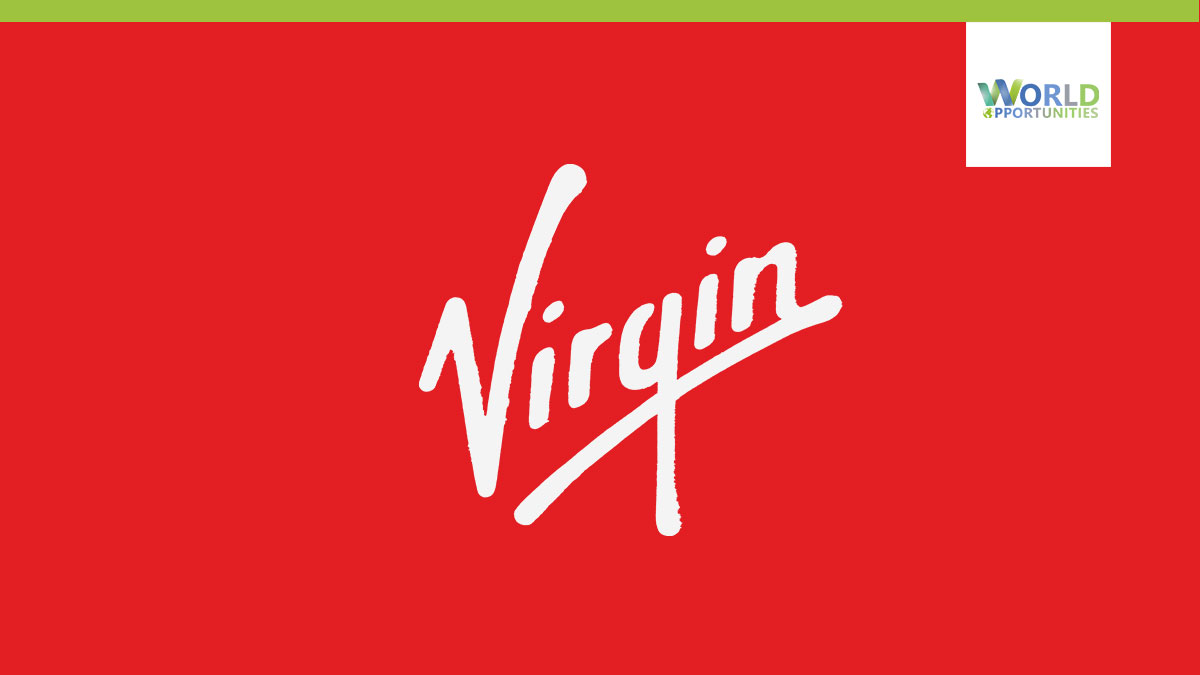Introduction:
Richard Branson, the charismatic British entrepreneur, is widely known for his adventurous spirit, risk-taking mindset, and relentless pursuit of innovation. Through his iconic company, Virgin Group, Branson has disrupted numerous industries, leaving an indelible mark on the business world. In this blog, we will explore Richard Branson’s journey and the remarkable success story of Virgin Group, highlighting their groundbreaking achievements and the lasting impact they have made.
The Birth of Virgin:
In 1970, Richard Branson founded Virgin as a mail-order record retailer. With a passion for music and an entrepreneurial flair, Branson quickly expanded the business, opening his first record store in London. The name “Virgin” was chosen to reflect the founders’ lack of business experience. However, Branson’s audacity and innovative thinking soon propelled the company to new heights.
Diverse Ventures and Disruptive Innovation:
Under Branson’s leadership, Virgin Group diversified its portfolio, venturing into various industries with a disruptive approach. From music to airlines, telecommunications to space travel, Virgin has consistently challenged the status quo, redefining traditional business models and pushing boundaries.
Virgin Records and the Music Industry:
Virgin Records, one of the earliest ventures of the group, played a pivotal role in the music industry. Branson signed talented artists and bands that were often overlooked by major record labels, helping them achieve global success. Virgin Records became synonymous with cutting-edge music and launched household names like the Sex Pistols, Culture Club, and The Rolling Stones.
Virgin Atlantic and Air Travel:
In 1984, Branson launched Virgin Atlantic Airways, revolutionizing the airline industry. With a focus on customer experience, Virgin Atlantic introduced amenities such as in-flight entertainment, spacious seating, and exceptional service. Branson’s determination to challenge established airlines led to enhanced competition and improved standards across the industry.
Virgin Mobile and Telecommunications:
Branson’s visionary approach extended to the telecommunications sector with the launch of Virgin Mobile. By introducing innovative pricing models and customer-friendly services, Virgin Mobile disrupted the traditional telecom market, providing consumers with greater choice and affordability.
Virgin Galactic and Space Tourism:
Pushing boundaries further, Branson founded Virgin Galactic in 2004, aiming to make space travel accessible to the public. Virgin Galactic’s groundbreaking efforts in space tourism have captured global attention, with Branson himself becoming one of the first private individuals to travel to space aboard a Virgin Galactic spacecraft. This endeavor has opened up new possibilities and inspired a new generation of space enthusiasts.
Corporate Social Responsibility and Philanthropy:
Beyond business ventures, Richard Branson and Virgin Group have demonstrated a commitment to corporate social responsibility and philanthropy. Through initiatives like Virgin Unite, the group focuses on addressing global challenges, such as environmental sustainability, social justice, and healthcare access. Branson’s dedication to making a positive impact on society aligns with his belief that businesses should be a force for good.
Conclusion:
Richard Branson’s unwavering entrepreneurial spirit and the trailblazing success of Virgin Group have left an indelible mark on the business world. Through disruptive innovation, a customer-centric approach, and a commitment to social responsibility, Branson has challenged traditional norms and reshaped industries. His story serves as an inspiration to aspiring entrepreneurs, reminding us that with audacity, determination, and a willingness to embrace innovation, we can create transformative success while making a positive impact on the world.
